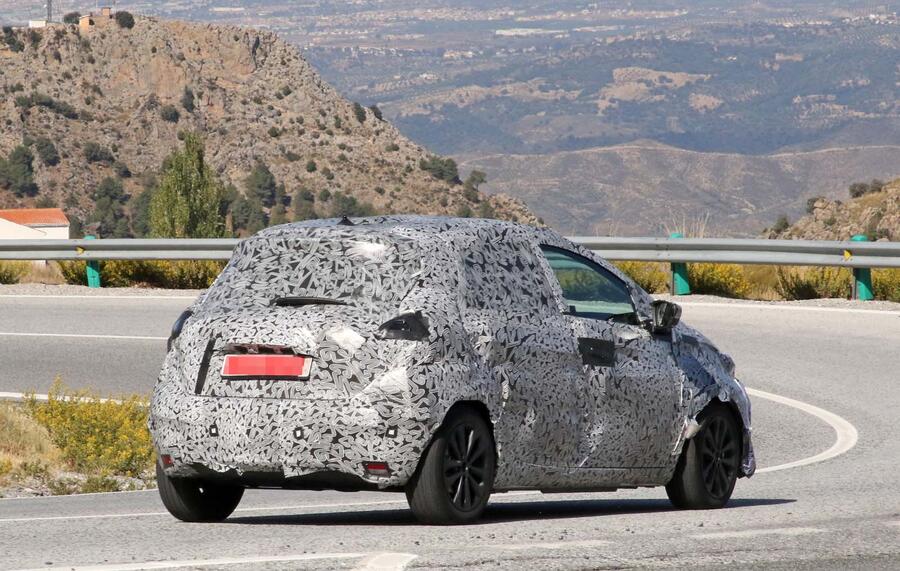Part of this overhaul will include a revamped interior, which is expected to take inspiration from the new Clio. It will also offer sustainable materials. Van den Acker claims that such features “fit well with our philosophy that EVs should be more ecological.”
The new Zoe is expected to use a bespoke EV platform shared across the Renault-Nissan-Mitsubishi alliance. That’s instead of sharing its platform with the current Nissan Leaf, which uses an adapted version of the original 2011 Leaf’s platform.
The bespoke electric platform, which will be used for all forthcoming small to medium-sized EVs, will allow greater battery capacity for a range target of 250 miles under the new, more real-world WLTP testing regime. That’s a match for the latest Zoe R110’s NEDC range claim, which is claimed to be around 190 miles in the real-world.

However, the new Zoe is unlikely to beat the 292 miles on WLTP that the Hyundai Kona Electric offers. Renault’s European boss Jean-Christophe Kugler told Autocar: “The psychological tipping point is 300km. The range has never been a blocker for the Zoe and we think today’s fits people’s needs perfectly.”
The first spyshots to emerge of the new Zoe showed prototypes testing with the usual body camouflage. However, they clearly showed that the car’s overall profile won’t change dramatically, with detail changes including a front-end more in-line with the upcoming Clio, LED lighting and a curvier rear-end shape. The roof appears to have humps running the length of it, which is likely part of the car’s disguise.
Pricing for the new Zoe is a long way off being announced, but it’s likely Renault will try to keep at the same level to sustain its popularity as one of the most affordable EVs on the market. Multiple variants with differing power outputs, EV ranges and equipment levels could be offered, allowing Renault to keep at the car’s current price point but upsell buyers to pricier variants.
Renault is yet to announced a second electric model, but van Den Acker confirmed its zero-emission plans will focus on dedicated electric models rather than variants of existing cars. “There are two approaches: you make a dedicated vehicle or derivative. We approach it more with dedicated platforms. We have economies of sale in the Alliance. A dedicated platform gives us more freedom especially in the interior.”
“The next EVs will be a continuation of the Zoe. I can’t wait to show it.”
No more details have been confirmed, but Renault has previously said it will launch eight EVs by 2022, which includes the next Zoe.